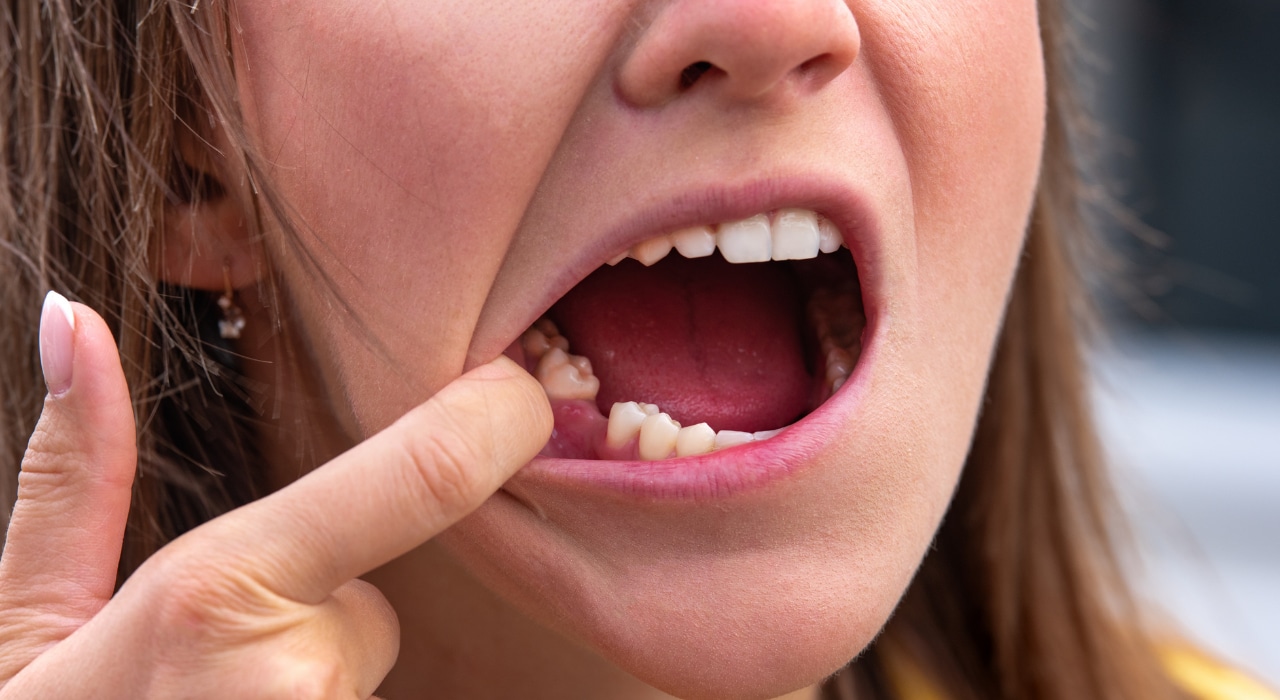What Should You Do If Your Tooth Falls Out
Everything You Need To Know If Your Tooth Falls Out
Losing a tooth is more common than you might think. While you may not expect it to happen, there are a number of ways that you can lose a permanent tooth. Tooth decay and infection are two of the most common causes, but you can also lose a tooth due to trauma to your face or mouth. If you do lose a tooth, it’s important to see the best dentist in Lexington KY as soon as possible. They will be able to determine the best course of treatment, which may involve an implant or bridge. In some cases, it may even be possible to save the tooth if it is removed within a certain time frame. No matter what the cause, losing a tooth is a serious matter that should be addressed promptly. Here are some tips on what should you do if your tooth falls out.
My Tooth Fell Out Now What?
There are a few things you can do to increase the chances of saving your tooth if it gets knocked out. First, try to find the tooth and pick it up by the crown, or the part that is typically visible in your mouth. If possible, gently rinse the tooth off with milk or water. Do not scrub it or remove any tissue attached to it. Once you have the tooth, try to insert it back into the empty socket. If that isn’t possible, store the tooth in a cup of milk or water.
It’s important that you get to your dentist within 30 minutes of losing your tooth. Our friends over at Kissing Camels Family Dentistry, the best dentist in Colorado Springs CO, sooner you can get professional help, the better the chances are that your dentist will be able to save your tooth. For best results, call your dentist in Lexington KY as soon as you lose your tooth and follow their instructions on how to proceed. With quick thinking and action, you may be able to keep your smile looking complete.
Options If You Can’t Save Your Tooth
Every tooth in your mouth is invaluable to your oral health and function. A dental implant is an effective treatment that replaces the entire tooth structure, including the root. It is an alternative to a traditional fixed bridge. Implants are placed in the jawbone and fuse with the bone over time. This provides a strong foundation for a replacement tooth. The implant can be used to support a single tooth, multiple teeth, or denture. Dental implants are made of titanium, which is compatible with the human body. They are safe and effective, and they can last a lifetime with proper care. If you are missing one or more teeth, talk to your dentist about dental implants.
Contact Park Hills Family Dentistry Today!
At Park Hills Family Dentistry, we provide comprehensive dental care for the whole family. We offer a full range of services, from preventive care to restorative and cosmetic dentistry. We pride ourselves on providing high-quality care in a warm and friendly environment. Our experienced team is committed to helping you achieve and maintain a healthy smile. Contact us today to schedule an appointment. We look forward to meeting you!


